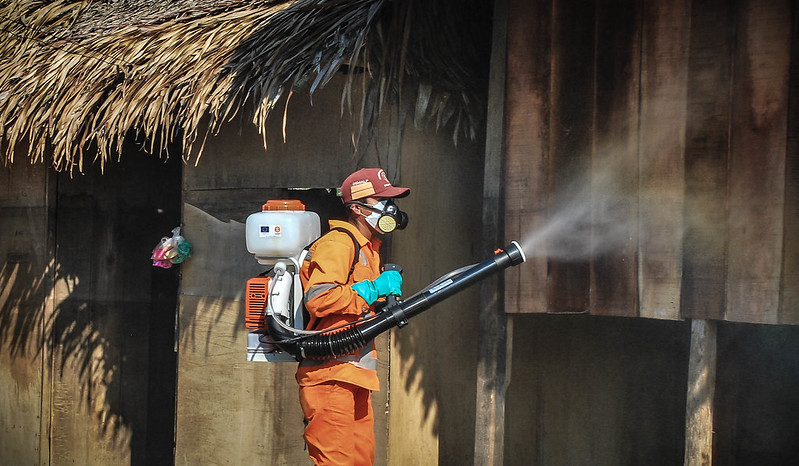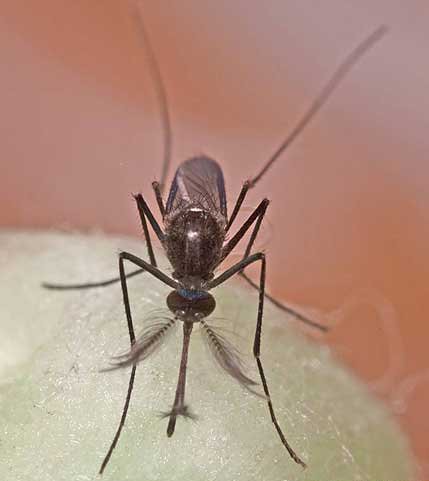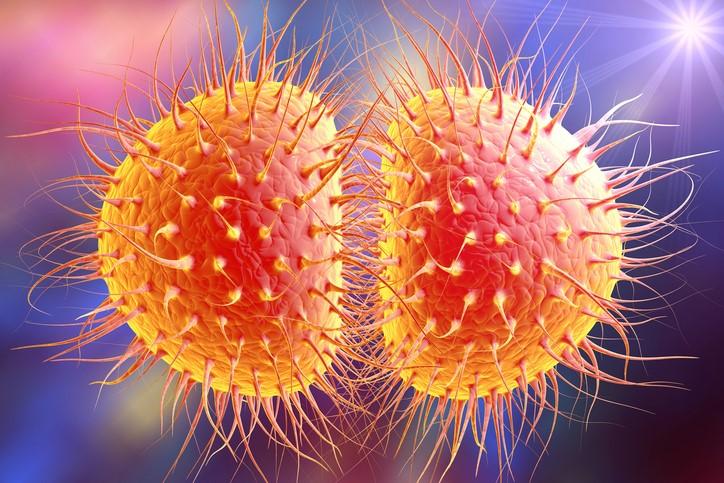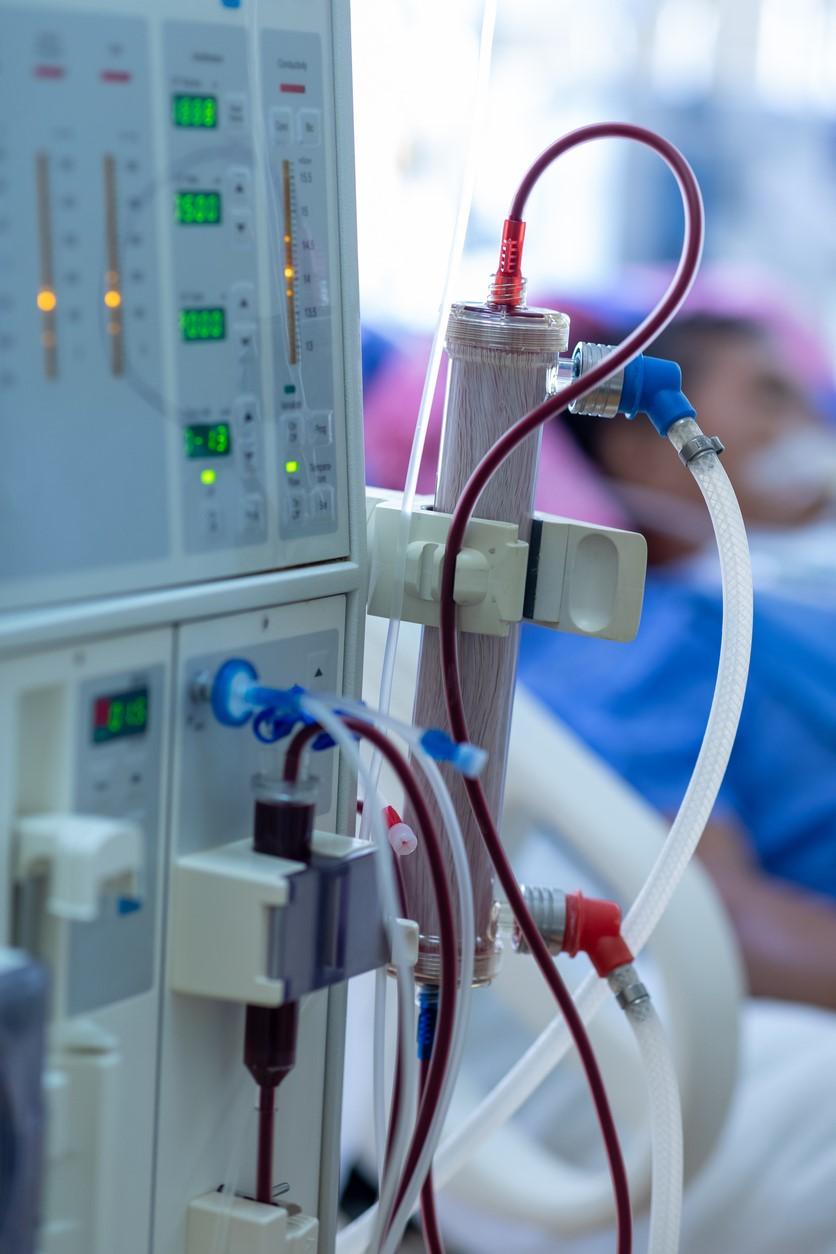Peru's health ministry yesterday declared a dengue emergency for 20 of the country's 25 regions, a step that allows the government to free up more resources to support its response.

In a statement, health officials said the health emergency declaration will be in effect for 90 days, and they will allocate at least $42 million toward response actions, including mosquito control and outbreak investigation.
So far, more than 31,000 suspected dengue cases have been reported, 17,965 of them confirmed and 32 fatal.
Cesar Vasquez, the country's health minister, said, "The unusual heat wave and the absence of winter have generated a perfect panorama for the spread of dengue."
Earlier this month, the Pan American Health Organization (PAHO) said dengue activity in the region is already outpacing record levels in 2023. In an update, it noted that cases are rising in 11 Americas countries, including Peru.
Takeda and Biological E partner to ramp up vaccine production
In other dengue developments, Takeda yesterday announced a partnership with India-based Biological E to speed the production of the Qdenga vaccine.
Takeda said in a statement that Biological E would make up to 50 million Qdenga doses a year, with a goal of producing 100 million doses a year in multidose vials by 2030. Officials said the multidose vial formulation offers logistical advantages for national vaccine programs.
Gary Dubin, MD, president of Takeda's global vaccine business unit, said, the company's goal it to make the vaccine broadly available. "Within the last year, we've successfully launched in private markets, are now launching in some public programs, and working with partners to support a broader public health impact."
Brazil, a country hit hard by the disease, recently spelled out a plan to offer dengue vaccine though its public system, the first country to do so.














